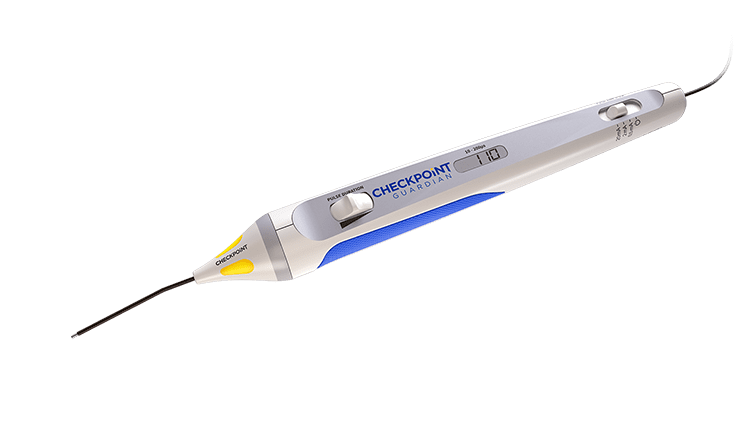Checkpoint Surgical, Inc., the leader in intraoperative nerve repair stimulation technology, today announced it has enrolled the first patient in its multi-center clinical study of the company’s breakthrough nerve regeneration technology.
The patient was enrolled at The Ohio State University, one of four sites actively enrolling patients in the double-blind, randomized clinical trial. Other participating sites include the Medical College of Wisconsin, Northwestern University, and Walter Reed National Military Medical Center. The study is also funded by a Department of Defense Clinical Trial Award to Dr. Amy Moore at The Ohio State University.
The Checkpoint BEST (Brief Electrical Stimulation Therapy) system received Breakthrough Device designation from the FDA in late 2019. The BEST system is designed to provide electrical stimulation of peripheral nerves to promote nerve regeneration as an adjunct to surgical intervention following nerve injury, with the goal of accelerating and improving patient recovery.
“It is an exciting time in nerve surgery,” said Amy Moore, MD, Chair of the Department of Plastic and Reconstructive Surgery at The Ohio State University Wexner Medical Center. “This clinical trial allows us to explore the BEST system in humans and has the potential to improve the function, recovery and quality of life in our patients with devastating nerve injuries.”
“Enrollment of our first patient marks an important milestone as we work to translate this promising therapy into clinical practice,” said Eric Walker, PhD, Director of Clinical Research at Checkpoint Surgical. “We have a great team of clinical and scientific collaborators that have helped us to reach this point, and we continue to work to advance the science and clinical practice to improve recovery following peripheral nerve injuries.”
